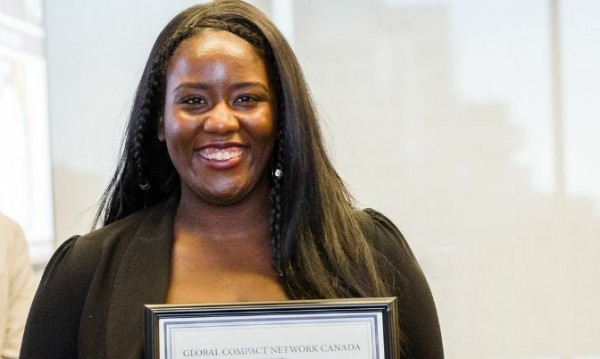I obsessed over episodes of television shows like Dragon’s Den and Shark Tank that condensed the complex, high-pace world of venture capitalism and business scalability into bite size 60 minute segments. I enjoyed movies like The Social Network that summarized the rise of one of the world’s most recognizable tech darlings – Facebook. I attended countless technology events with frequent presentations and conversations about the glorious, exciting world of technology, it’s unprecedented ability to drastically improve the world we live in and the countless opportunities that it’ll create for everyone.
But when you dig beyond the superficial layer of tech, you uncover a multitude of problems that are contradictory to a lot of what it has been propagated to stand for. While innovation is the foundation of the industry, there has been a lack of innovative thoughts on how to substantially increase diversity in tech firms (see here). When tech companies seemed to have gotten it right in closing the gender gap, repulsive stories like this and this come out making us question if we are in an episode of Mad Men. Credibility is far too often gained by showcasing how much and how many rounds of venture capitalist or angel funds (coined “VCs” and “Angels” respectively) you’ve raised, and not on the foundations of a good business, such as steady growth and profitability. The actual products themselves that many of these companies produce have business models built with the purpose of being an addictive drug. A drug that as a society, we haven’t even begun to fully appreciate the consequences of, but some of the research is now starting to surface and it’s not pretty.
With all of the great achievements in the field to tech, there is still so much more to be done to utilize tech to build bridges in our society and to make advances beyond another social network or fitness app (I have nothing against either of these for the record). To do this, we need more innovators of colour, females, those with disabilities, those from lower socio-economic backgrounds, and sexual orientations to name a few. We need more stories like this of people who are looking to make tech accessible to everyone. Ultimately, marginalized groups within tech have to make our voices heard through entrepreneurship, reaching out to politicians, ensuring our children are engaged in tech and getting more immersed in the field so everything from hiring processes to products within tech begin to further reflect not just some, but all.










